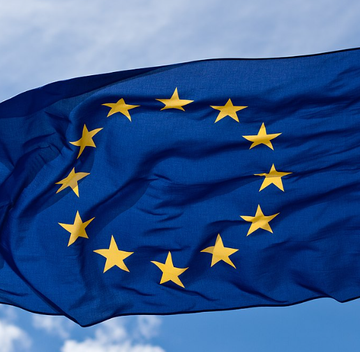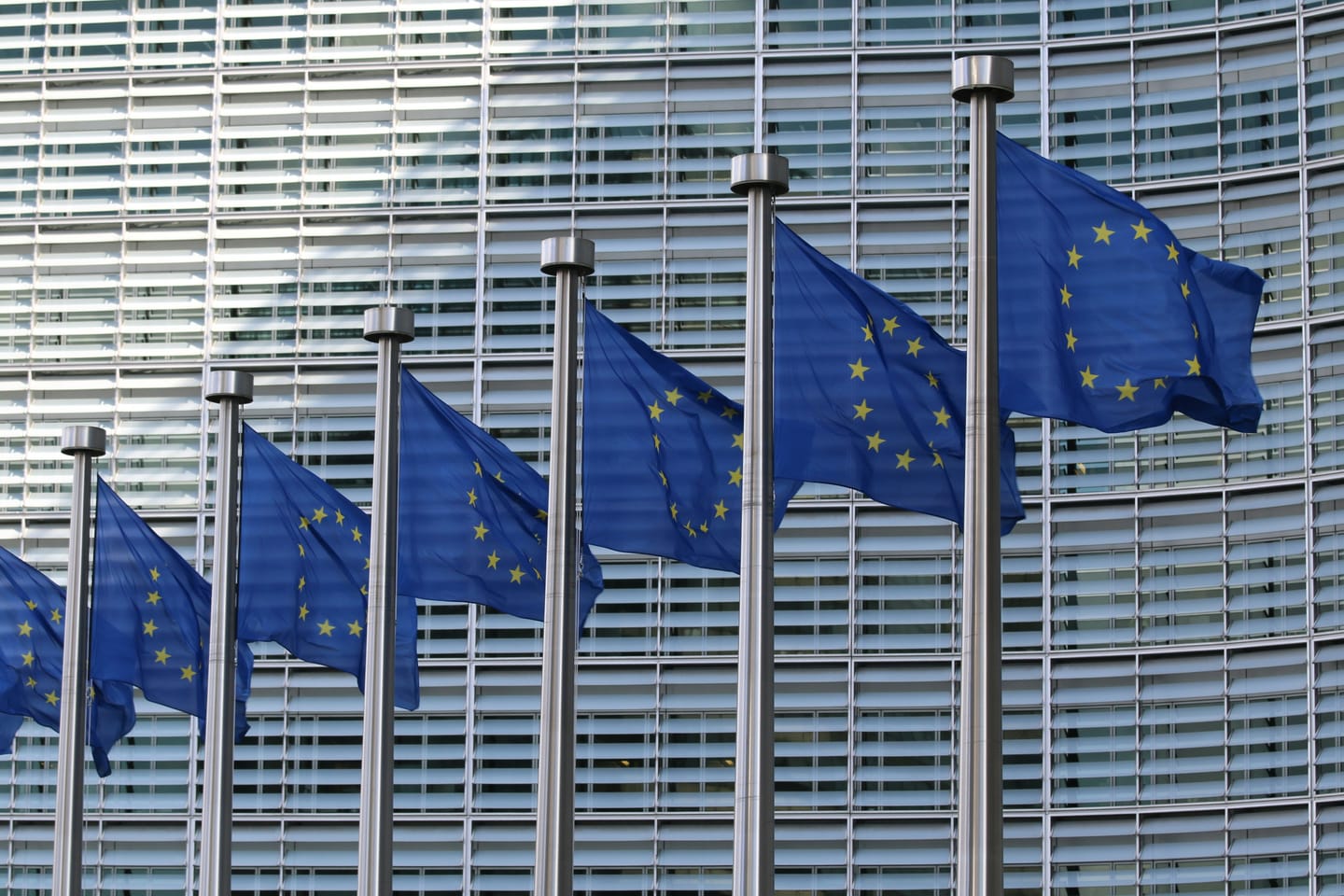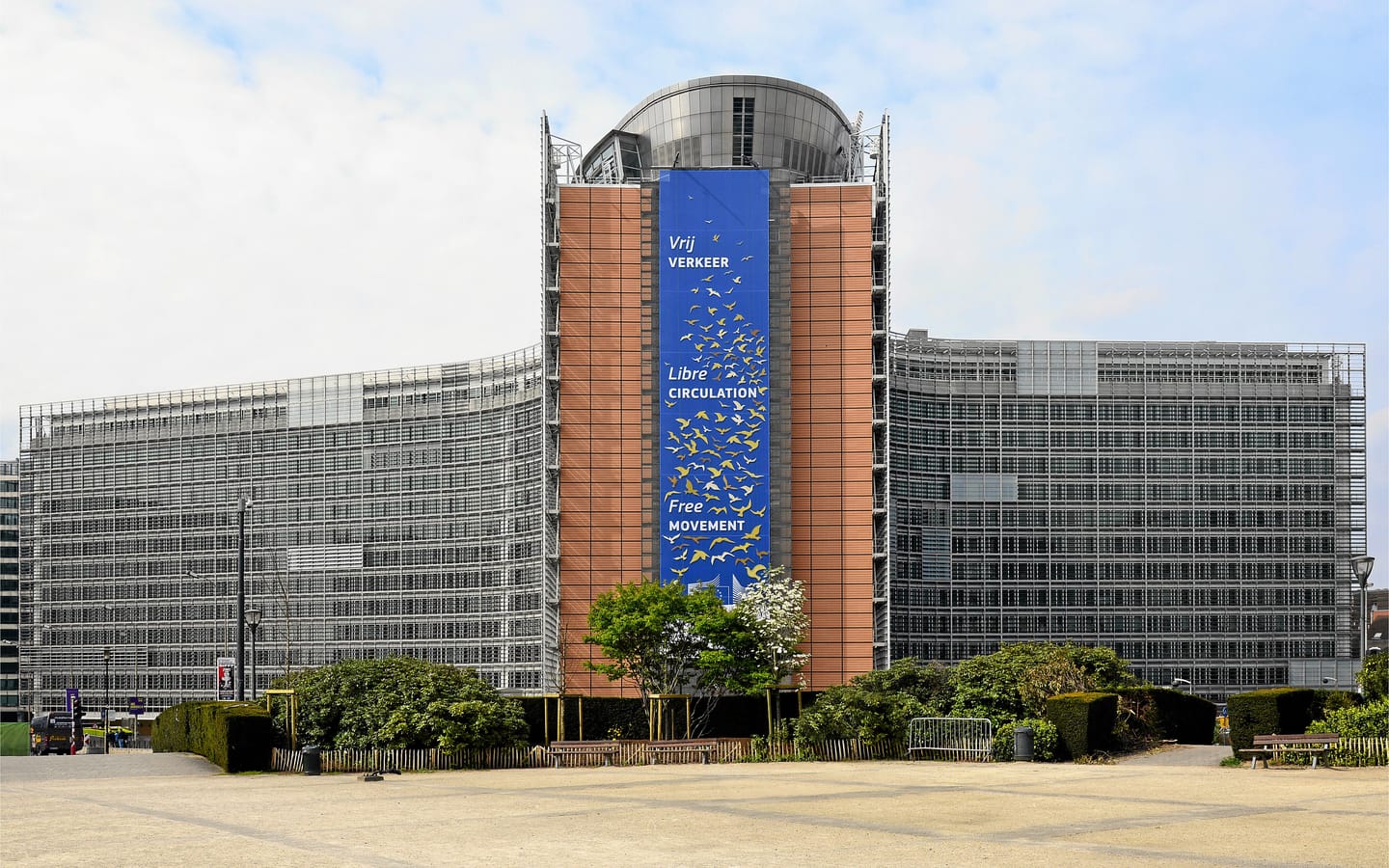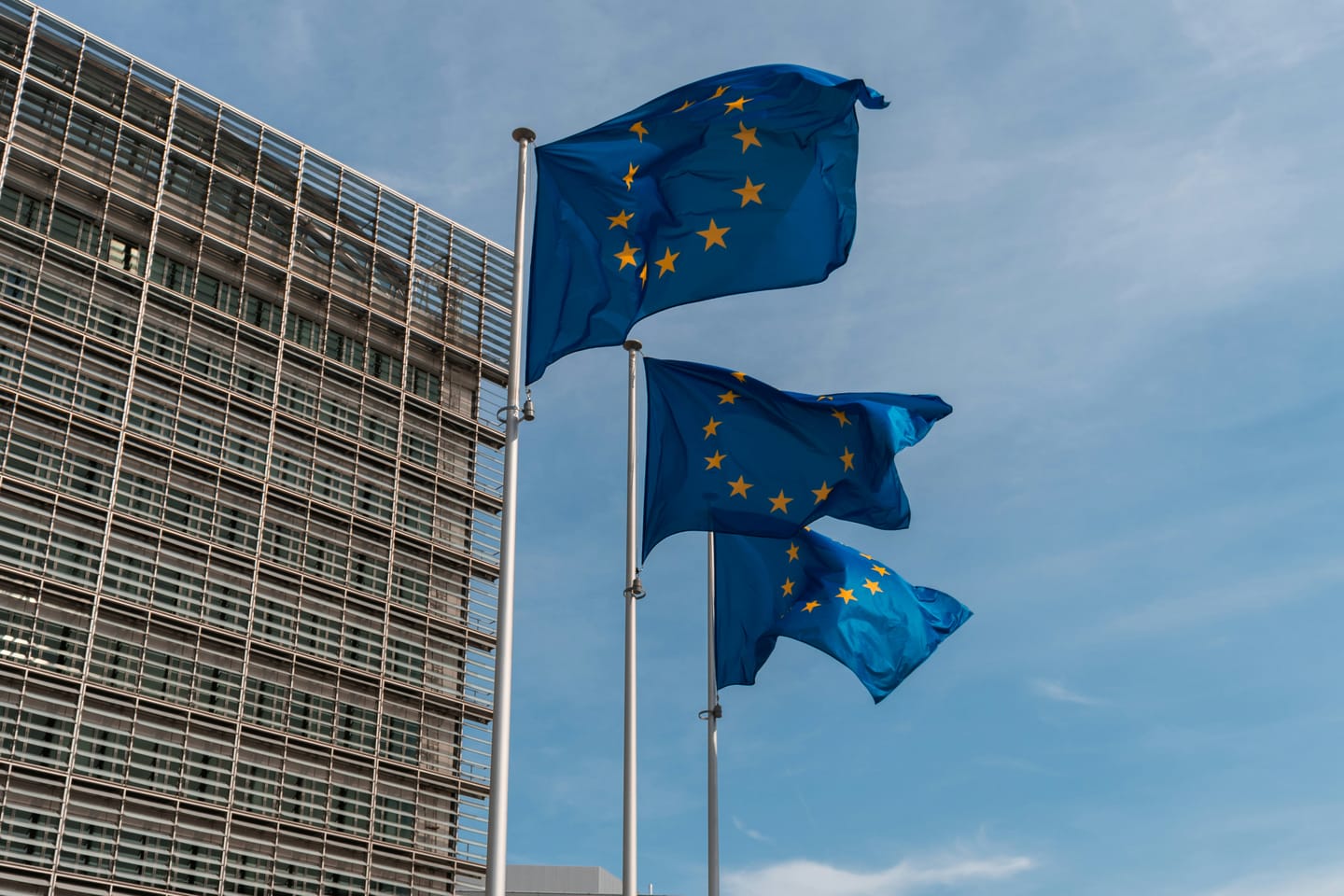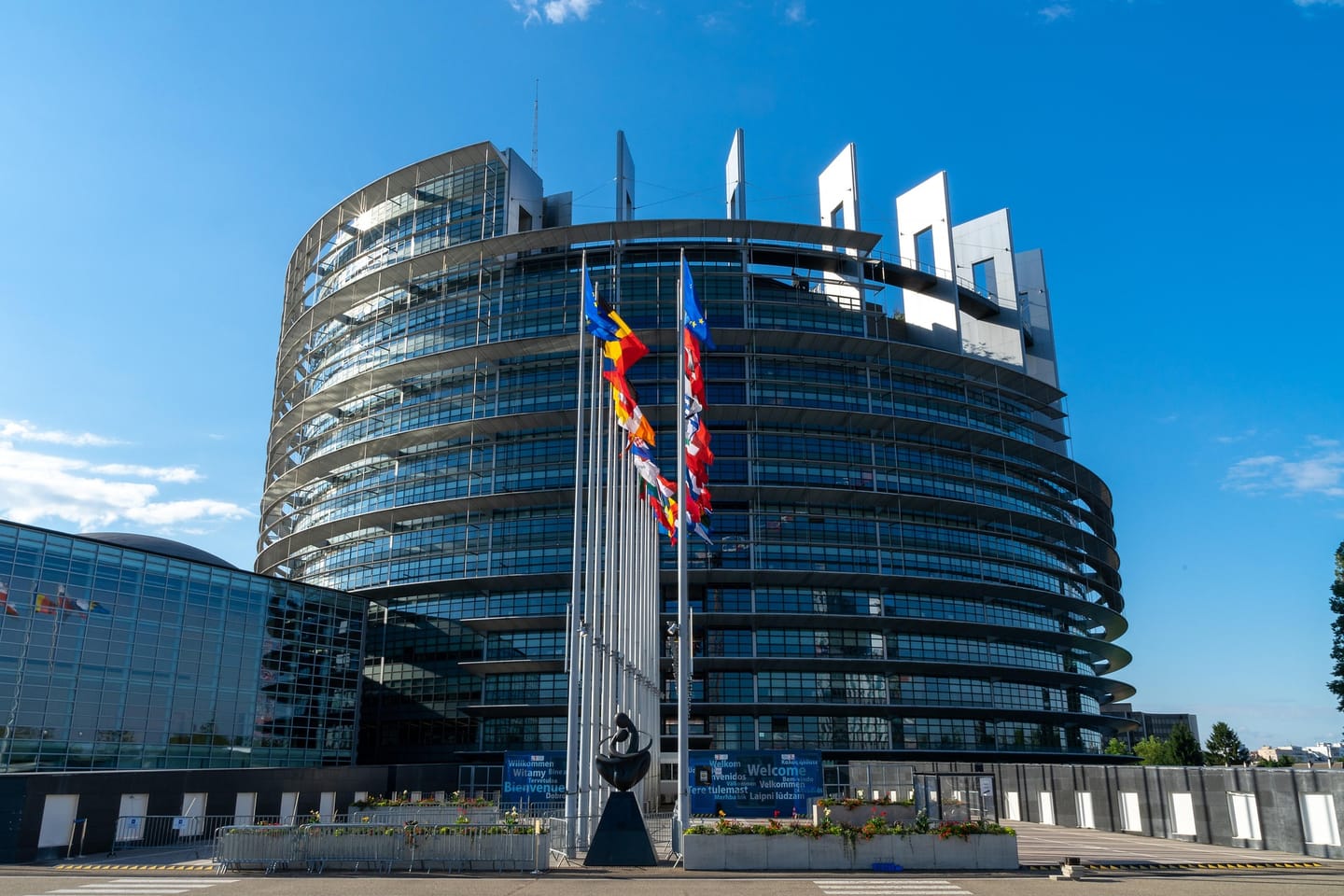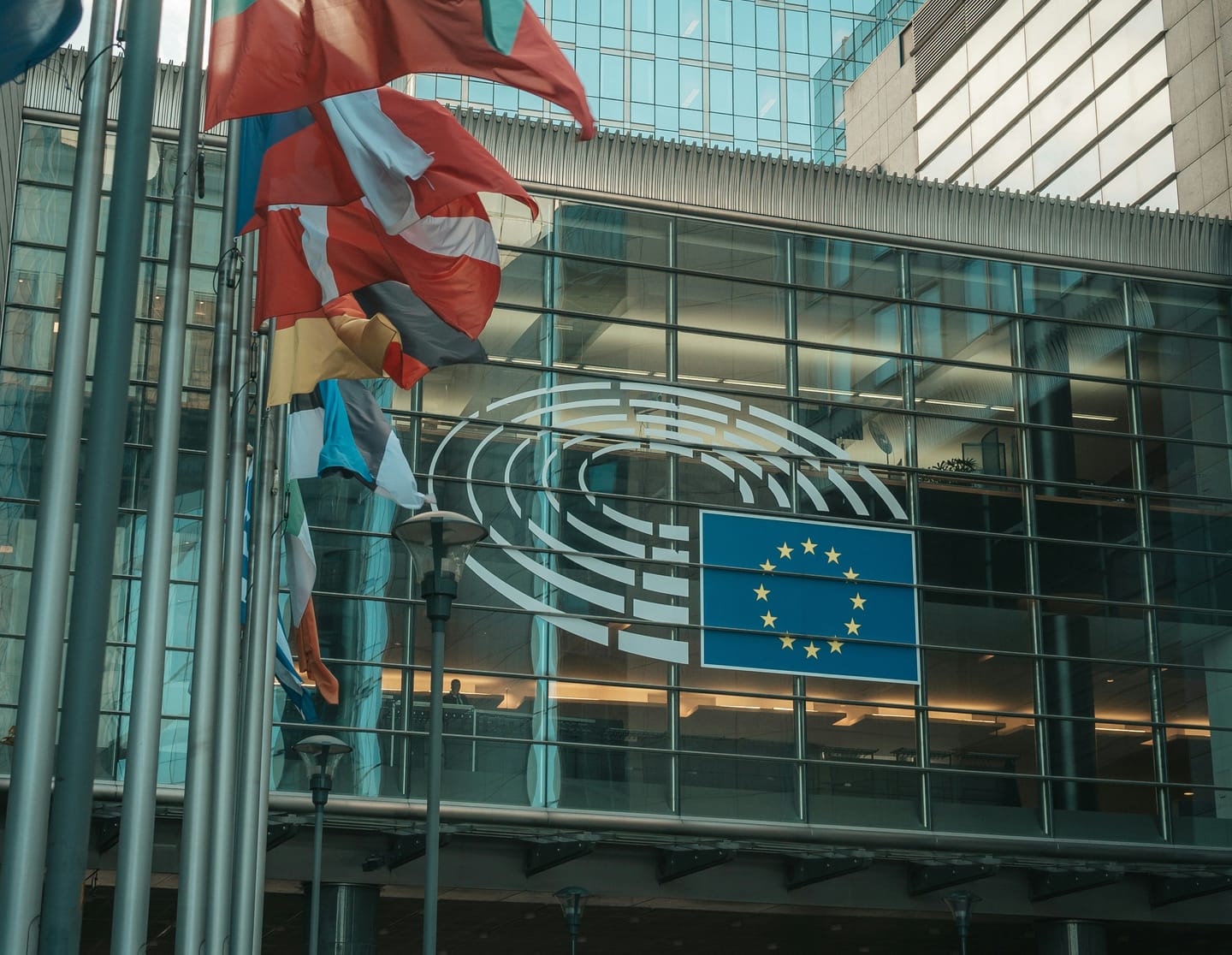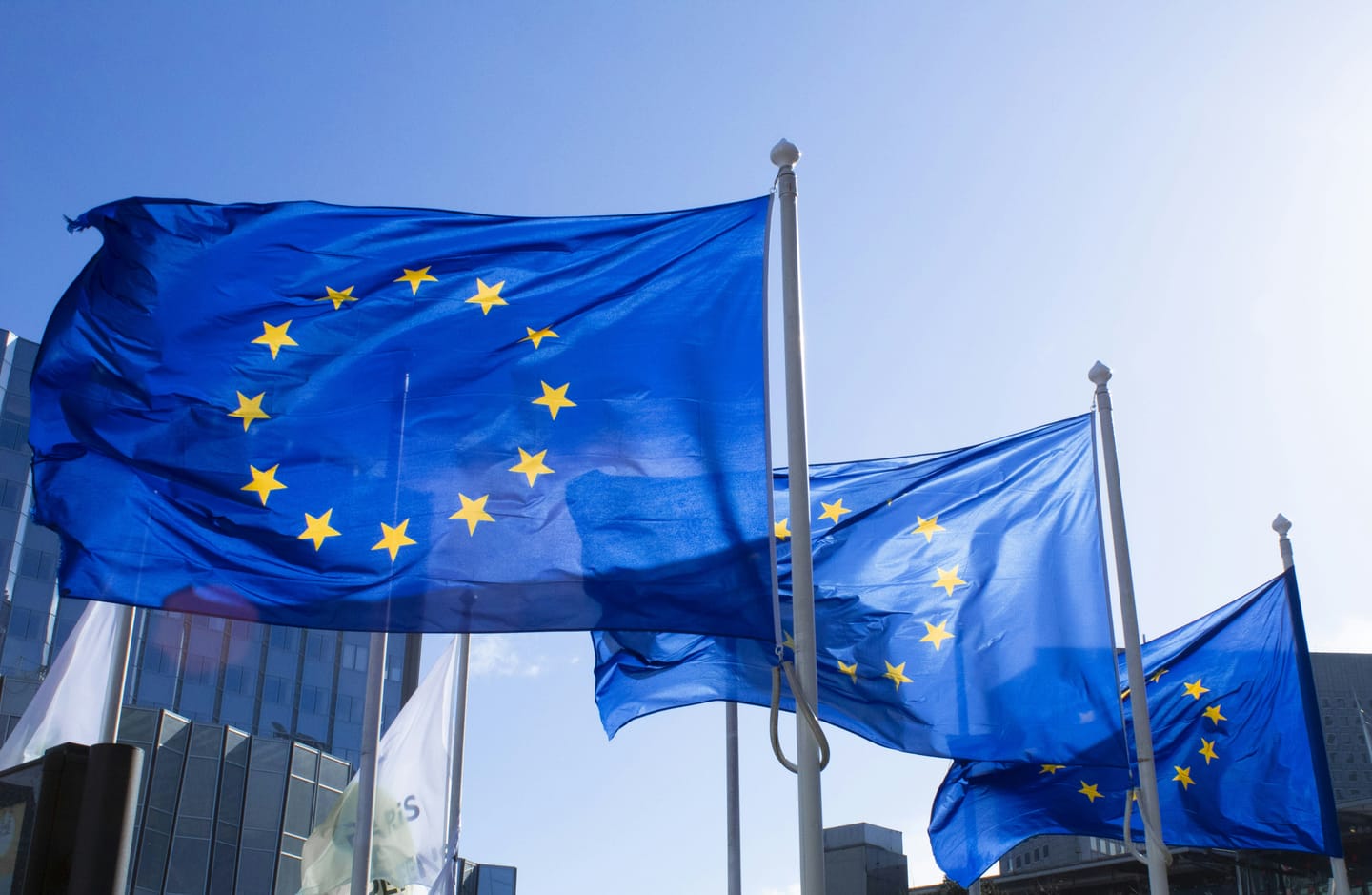EU Launches Antitrust Investigation Into Google's Use of Publisher Content for AI
On 9 December 2025, the European Commission opened a formal antitrust investigation into Google regarding its use of online content for AI purposes, marking the latest regulatory action against U.S. tech giants. The Commission is examining whether Google breached EU competition rules by using content from web publishers and
